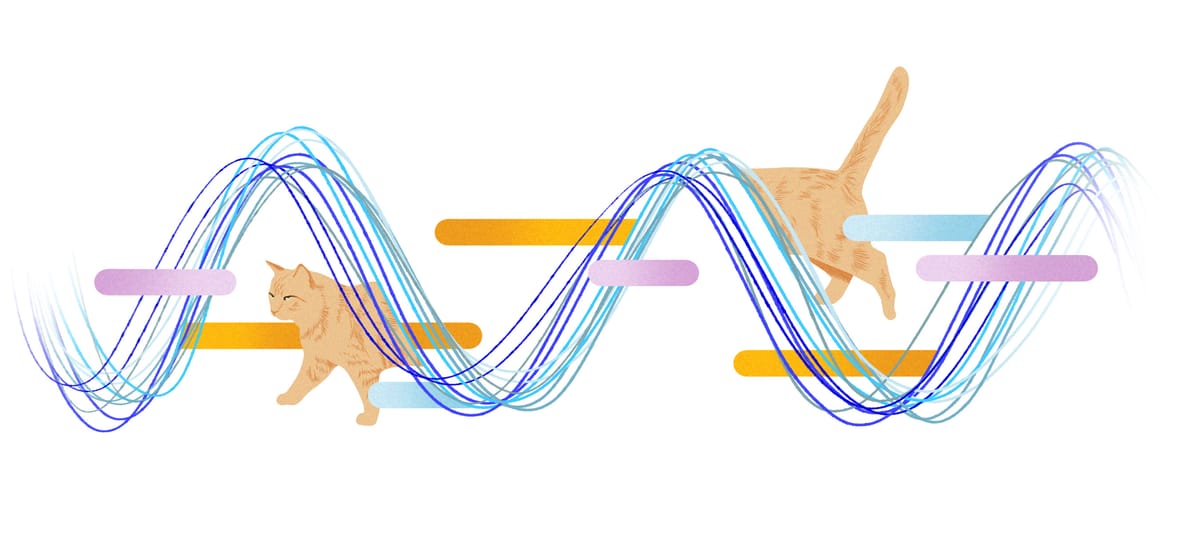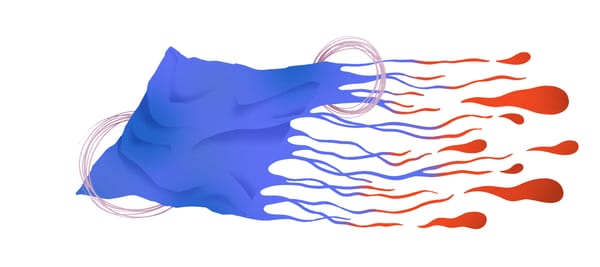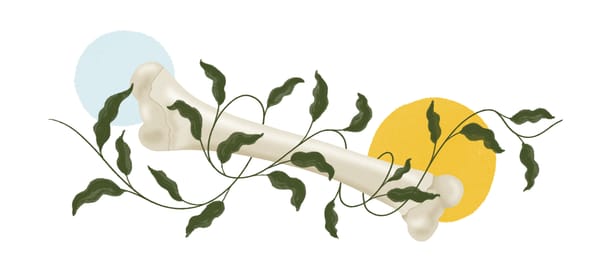Neighborhood of the Air
by Lucinda Guard Crofton | Around here, close is a relative term.

The telephone’s already ringing as I wave hello to my coworkers and hustle into my cubicle. There’s no automated switchboard here at the community beacon, a tiny 8400-watt radio station sandwiched between the tractor dealer and a fast-food franchise. When the phone rings, a real person always answers—the news reporter/receptionist (that’s me), the deejay, an advertising guy, the newest intern, perhaps even the station’s owner. I imagine I’m Lily Tomlin’s alter ego Ernestine the telephone operator, adjusting her headset and connecting a jack plug—“One ringy-dingy, two ringy-dingies … Have I reached the party to whom I am speaking?”—as I pick up the receiver, sit down, and say, “Good morning. How may I help you?”
When my husband and I moved here in the early nineties, our valley still had sixty working dairy farms. Now, there are none. Most of the old barns sit empty, serving only as monuments to the past. Many have been torn down and replaced with vacation homes. But there was a time when you could walk into any barn and hear the very same station playing from first milking to last—a neighborhood of the air.
Around here, close is a relative term. Your nearest neighbor could be more than a country mile away. They might be strangers, or could be kin. But the airwaves connect town and country, hill and valley, red and blue, young and old, within a roughly forty-five-mile radius—depending upon your antenna’s size, your radio’s quality, and the weather.
As Mister Rogers famously said, “Neighbors are people who live close to each other. Neighbors look at each other; they talk to each other; they listen to each other. That’s how they get to know each other.”
When your voice goes out across the airwaves, it’s considered a badge of honor. An interview on “Community Voices” is the local version of Warhol’s fifteen minutes of fame. The longtime host (who moonlights as a minister) is rumored to be able to make anyone talk, even a rock. Hearing your name on the radio is equivalent to an honorable mention. That is, unless it’s your arrest or accident, reported on the “News at Noon.”
Mornings, the telephone lights up with listeners vying to win free donuts and bragging rights for their knowledge of sports or music trivia. But the phone rings all day; in addition to song requests (some of which actually come in during the designated request hour), I field calls ranging from making sure the caller’s phone is working (it is) to ultra-specific weather forecasting (no, sorry, I can’t tell you when it’ll be snowing at your house) to a lost horse. (This one doesn’t even make the lost-and-found announcements because before I can hang up someone calls to report a horse has wandered into their yard.) Then, a proud listener says they’ve spotted the first robin of the year. I pass the message on to the deejay, who promptly interrupts the top ten country song countdown to share this exciting news.
And then, I hear a panicked caller shout: “Ollie is dead!” I think I haven’t heard correctly, so I ask the party to repeat themselves. “Ollie’s dead!” they yell, frantic.
Ollie is a bigger celebrity than the local guy that ran in the Boston Marathon, has more fans than the mayor, and is better known than the nonagenarian deejay who still spins big-band records every Saturday afternoon; Ollie’s VIP status is exceeded only by that of the varsity star who beat the odds and made the big time as an NFL player. No doubt, helping out with fundraisers and coaching the high school team on his occasional visits back home adds to the NFL player’s superstar status. After all, Ollie is just a cat.
Technically, Ollie lives next door at the tractor dealer, but he’s known as the station’s wandering mascot. “There goes Ollie,” the deejay will say whenever he spots him out the studio window. “Here’s Ollie’s favorite song” always leads into Johnny Cash’s “Mean Eyed Cat.” And, of course, Ollie rates a cameo every year in the station’s highly anticipated singing Christmas card.
The caller says he just saw Ollie lying by the side of the road. This qualifies as an emergency, so I dare to interrupt my boss in the midst of recording an ad for the paint store. He grabs his coat and walks across the highway to see for himself. Sure enough, there lies a fat, orange, and very unlucky cat.
Work grinds to a halt as everyone pitches in to answer the flood of calls from concerned citizens. When my attempts to contact the tractor dealer are met with busy signal after busy signal, I’m dispatched on a short walk next door with the assignment to deliver the death notification and then ask permission to air Ollie’s obituary.
At the dealership, I find Ollie fast asleep in his recliner next to the cash register, oblivious to all the fuss. Back at the station, I place a call to the County Highway Department and urge them to remove the nameless carcass ASAP. We make the first of many announcements letting the community know that—despite any rumors to the contrary—Ollie is alive and well.
The deejay celebrates by playing “Won’t You Be My Neighbor?” and across valleys and hills, Mister Rogers sings, “I have always wanted to have a neighbor just like you.”
Lucinda Guard Crofton is an emerging memoir writer. She has worked in film, television, and radio, and as a teacher and farmer. Lucinda lives in rural Wisconsin, and her creative nonfiction has appeared in A Catalog of Small Machines, Streetlight Magazine, and Brevity Blog.
This essay is a Short Reads original.
From the archive
Sep 4, 2024
“Wet Grass, Thornbush, You”
by Rian Casey Cork | The days of reckless backyard games. Sep 6, 2023
“Driver Ants”
by Sari Fordham | Marching one by one.
Want more like this? Subscribe to Short Reads and get one fresh flash essay—for free—in your inbox every Wednesday. Or become a supporting subscriber and help us pay writers.






